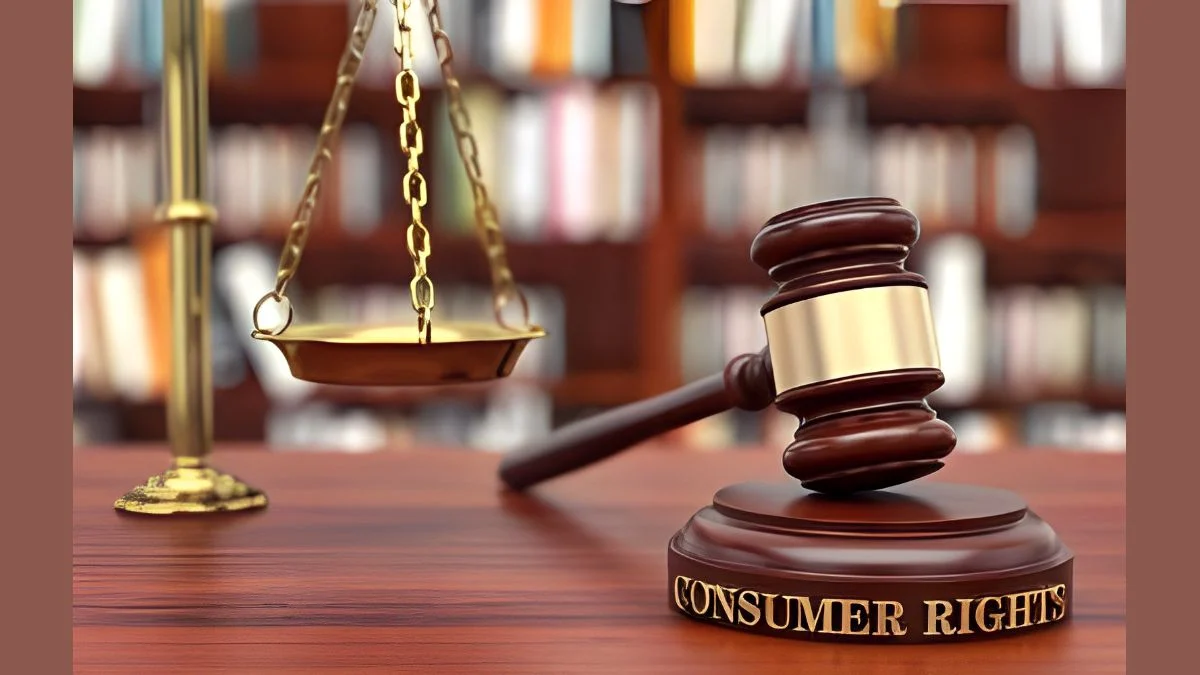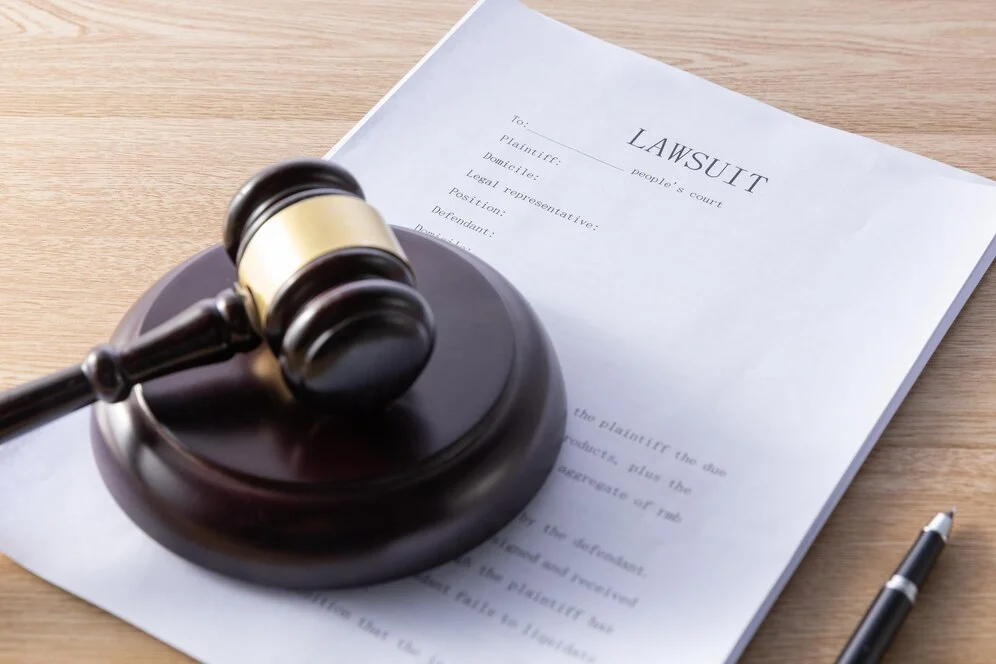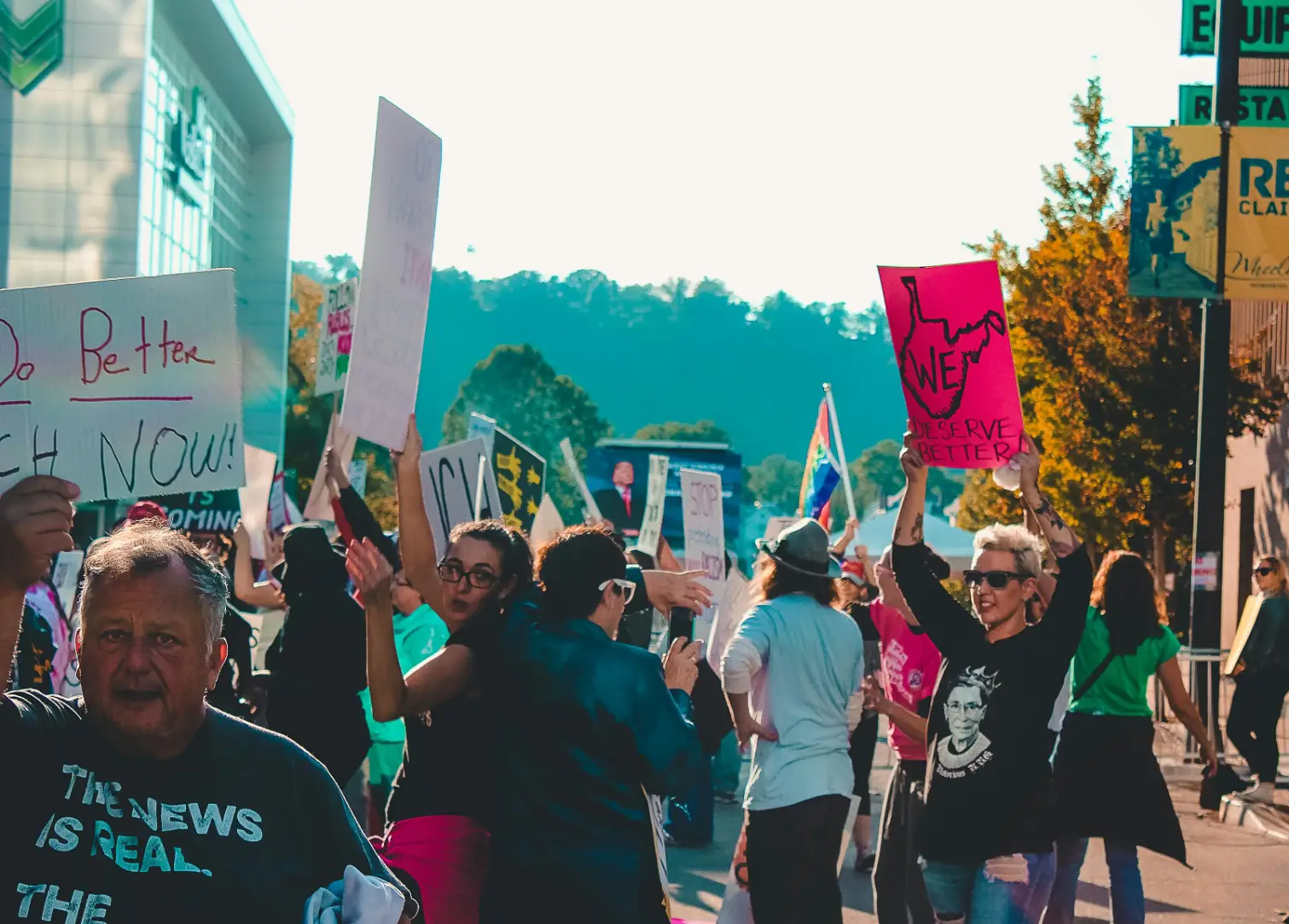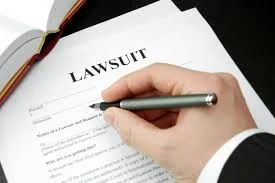
Class action lawsuits are powerful legal tools that allow a group of people with similar grievances to sue a defendant as a collective. If you've ever received a letter saying you may be entitled to compensation from a lawsuit you didn’t personally file, chances are, it was related to a class action.
These types of lawsuits are especially useful when individual claims are too small to pursue on their own, but when grouped together, they can make a significant impact.
In this article, we’ll explore what a class action lawsuit is, how it works, and what you should know if you’re thinking about participating in one.
What Makes a Lawsuit a "Class Action"?A class action lawsuit involves one or more plaintiffs (called "class representatives") who file a lawsuit on behalf of a larger group — known as the "class." Everyone in the class has suffered similar harm or injustice from the same source, such as a defective product, misleading advertising, or a corporate policy.
Instead of handling thousands of similar lawsuits individually, the court consolidates them into a single case, which saves time and resources for everyone involved.
Common Examples of Class Actions- Consumers suing a company over a faulty product - Employees taking action against wage violations or discrimination - Patients harmed by the same prescription drug - Investors seeking compensation for securities fraud - Customers affected by data breaches
These are just a few areas where class actions are commonly used to right wrongs on a large scale.
Usually, it starts with one person — someone who’s been wronged and seeks legal help. A lawyer determines whether the problem affects enough people to form a class. If it does, they file a lawsuit and ask the court to approve it as a class action.
The court reviews whether:
- The issues are common to all class members
- The class is large enough to justify collective action
If approved, the class is certified and the case moves forward.
If you’re part of the class, you’ll often receive a notice by mail or email. You don’t have to do much unless you want to opt out.
Participating typically means: - You’re automatically included unless you opt out - You don’t have to testify or go to court - You’ll share in any settlement or judgment.
If you opt out, you can’t claim money from the case, but you’re free to file your own individual lawsuit.
Benefits of Class Actions- Strength in numbers: Companies take these cases seriously because they represent hundreds or thousands of complaints. - Cost-effective: One legal team handles the case for everyone. - Uniform results: Everyone in the class receives the same outcome. - Greater access to justice: Small claims that wouldn’t be worth a solo case now have real power.
Drawbacks and Risks- Less control: You don’t get to make individual decisions about how the case is handled. - Lower compensation: If there’s a settlement, it’s split among many people. - Long process: These cases can take years to resolve. - No second chance: If you don’t opt out and the case is lost, you can’t file your own lawsuit.
How Settlements WorkIf the case settles or the class wins in court, the money is usually distributed through a claims process. You might need to submit proof (like receipts or medical records) to receive your share. Sometimes, if the amount is small or hard to document, payments are sent automatically.

Not all money goes to class members — lawyers may get a percentage as legal fees, which is common in contingency cases.
Famous Class Action Cases- Tobacco Litigation: Smokers sued cigarette makers for health damages. - Volkswagen Emissions Scandal: Owners were compensated for false claims about clean diesel. - Equifax Data Breach: Millions of consumers received compensation after their personal data was exposed. - Facebook Privacy Case: Users were compensated for the misuse of private information.
These cases show how class actions can hold powerful corporations accountable.
Should You Join a Class Action?If you receive a notice, read it carefully. Consider:
- How strong the case is
- Whether the expected payout is worth it
- Whether you’d rather file your own case.
If the issue affected you seriously or differently from others, individual action might be better. But if you just want to be part of the solution and get some compensation, joining can be an easy choice.
ConclusionClass action lawsuits are a unique way to seek justice when many people are harmed in similar ways. They give ordinary people a chance to stand up to big companies and make a difference.
By understanding how they work, what they offer, and what to expect, you can make smart choices about participating. When done right, class actions help fix corporate behavior and protect consumers, workers, and communities.
Subscribe to our newsletter and never miss an update.
Get the latest posts delivered straight to your inbox.

Senior Contributor
Ravi Raj is passionate about impactful storytelling. With a unique voice and deep insights, they turn everyday stories into compelling reads that resonate and inform.
Read Full Bio
By Kusum Singh
23 Dec 2025

By Ravi Raj
31 Dec 2025

By Ravi Raj
22 Dec 2025

By Kusum Singh
02 Jan 2026

By Ravi Raj
30 Dec 2025

By Kusum Singh
21 Dec 2025

By Ravi Raj
02 Jan 2026

By Ravi Raj
02 Jan 2026

By Ravi Raj
20 Dec 2025

By Ravi Raj
31 Dec 2025

By Ravi Raj
01 Jan 2026

By Kusum Singh
19 Dec 2025